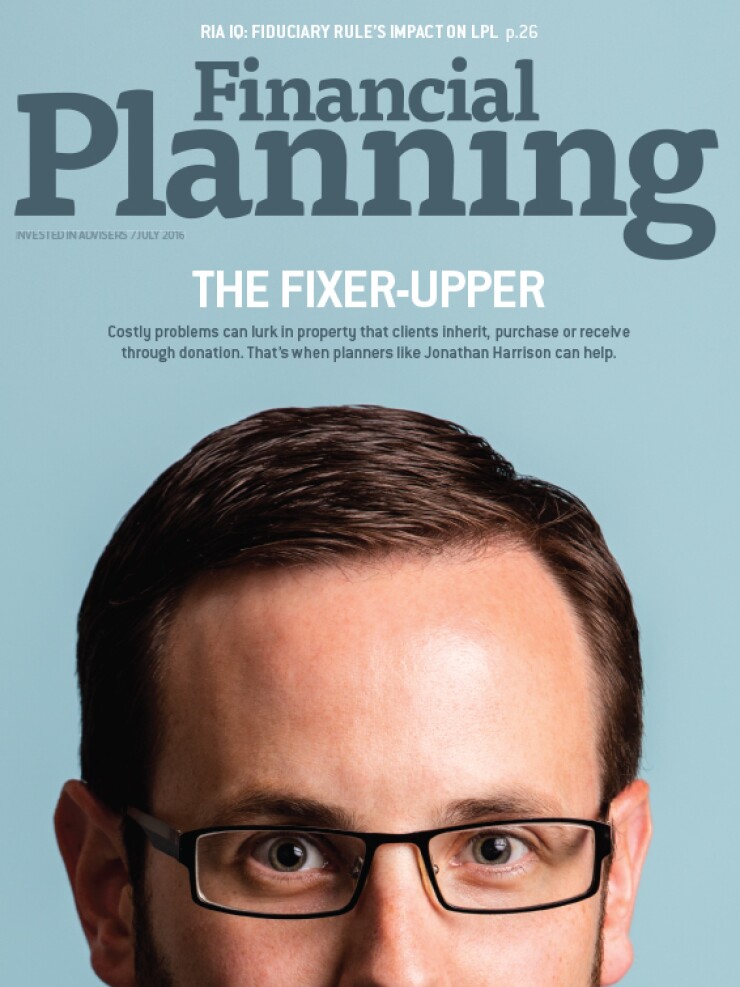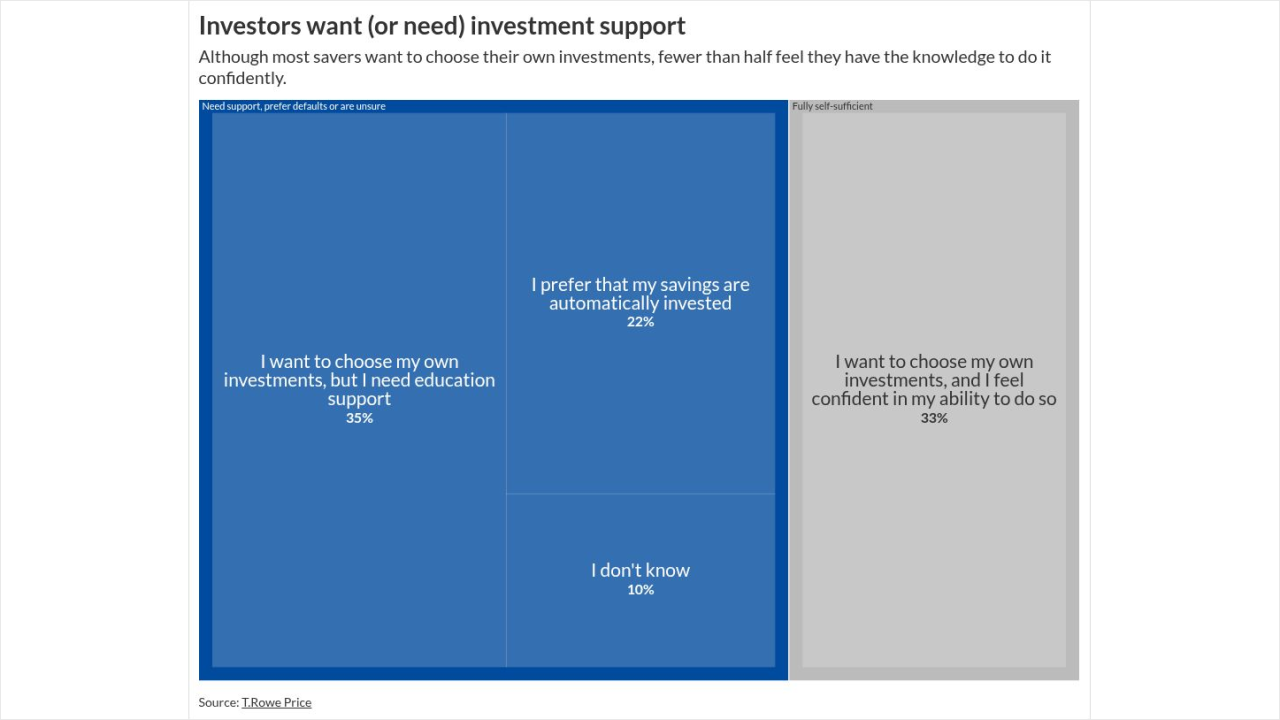Who wouldn’t be thrilled about inheriting a nice piece of land, especially one they could sell or rent for income?
But when that real estate is — or was — the home to certain businesses, such as dry cleaners, gas stations or former auto body shops, “a five-minute question can make you a hero,” Financial Planning contributing writer Ingrid Case tells me.
Read more: Toxic Inheritance: When a client's property is contaminated
“It doesn’t take a lot of time to ask clients what sort of businesses they own or have as renters, or what kinds of businesses have been on their land in the past,” says Case, who wrote this month’s

After all, she says, “a person can have had nothing to do with polluting a property and still be on the hook for fixing it.”
Case was raised in a farming community, yet tells me that reporting the story raised some startling questions for her. “Here’s a thing I didn’t realize: Farms typically have underground tanks for storing gasoline and sometimes for storing pesticides, and farmers mostly don’t worry about that when they buy someone else’s farm,” she says. “They care about whether the land is productive. They’re not so worried by the possibility of leaking tanks.”
Instead of asking questions about property, the planners in contributing writer Donald Jay Korn’s story, “Advising Clients on Timeshares,” often find themselves scrambling for answers about it. With summer in full swing, some clients are asking their advisers if a timeshare is a sound investment. Many planners know that the fine print in timeshare agreements can hide huge cost obligations and onerous stipulations about when the property can be used.
“The market is growing and promotion seems to be increasing,” Korn tells me. But why is this an adviser’s problem? “Planners should be able to help clients with all types of financial decisions. Knowing about buying and owning timeshares, which affect clients’ lifestyles as well as their bank accounts, can help advisers become the go-to person,” he says. That, of course, should always be the goal.





